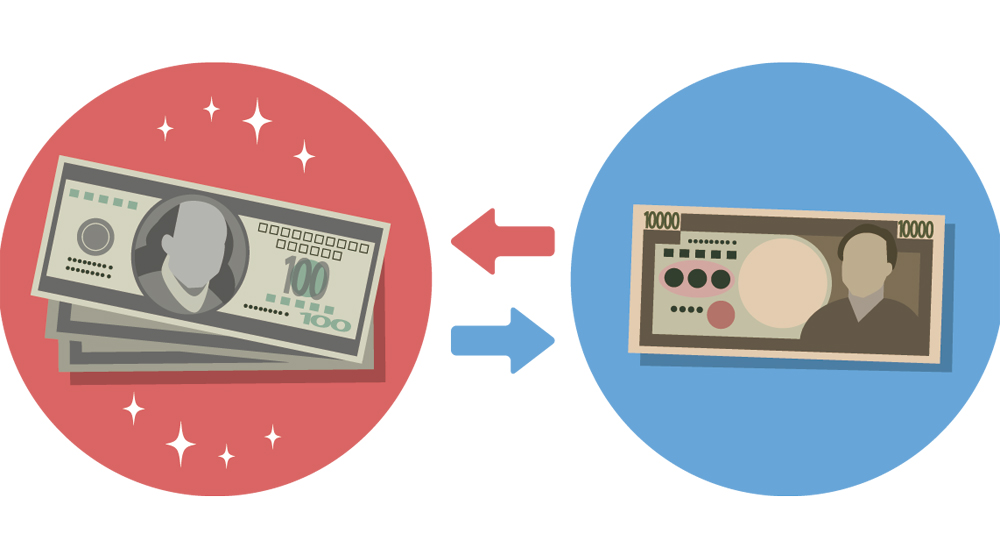Knowledge of taxation is essential for doing business. Many companies may leave it to a tax accountant because it is complicated. However, the domestic and overseas businesses are different. We have summarized the taxation related to overseas expansion.
目次
Differences between overseas branches and subsidiaries
There are various forms of overseas corporations. For example, overseas branches and subsidiaries have similar terms, but are treated differently by law and taxed differently. First, I will introduce the difference of each form.
An overseas branch is a method of establishing a branch overseas as part of the headquarters in Japan. It is just one company, so we will include overseas branches in the settlement of accounts. If overseas branches are in the red, it is possible to offset the surplus at the head office in Japan. Another feature is that it is easy to lend money because it is a branch.
An overseas subsidiary is a method of establishing a subsidiary in a local area and expanding overseas. In some countries, overseas branches may not be able to enter the market, and there are many cases of establishing overseas subsidiaries due to licensing issues. In the case of overseas subsidiaries, they are treated as separate companies, so the settlement of accounts is also different.
The taxation of overseas branches and subsidiaries is completely different because of their different characteristics. When you are doing business overseas, please consider which form is more advantageous before choosing the form of expansion.
taxation of overseas branches

As an overseas branch is not a single company, it is taxed as a company with its head office in Japan. On the other hand, the tax is imposed in the country where the overseas branch is located. Therefore, the income earned by overseas branches is taxed both in Japan and overseas.
There is a foreign tax credit system to eliminate double taxation on the income of overseas branches. Under this system, when you pay taxes in Japan, you can directly deduct foreign taxes paid by overseas branches from taxes in Japan.
In addition, profits and losses of the head office in Japan and overseas branches are combined. As a result, the losses of overseas subsidiaries are combined with the profits of the head office in Japan, which reduces the income of the company as a whole and saves taxes.
Also, profits from transactions between the head office and branches in Japan are not included in the calculation of taxes. The advantage of choosing an overseas branch is that it is easy to deal with funds and procedures are easy.
taxation of foreign subsidiaries
Overseas subsidiaries have a different corporate status from the head office in Japan. Foreign subsidiaries are taxed in that country in the same way as local subsidiaries. On the other hand, in Japan, as a general rule, no tax is imposed on the income of overseas subsidiaries.
Also, since they are different companies, the income earned by overseas subsidiaries and the income earned by the Japanese parent company are not combined. Exceptionally, when tax haven taxation is applied, the income of the Japanese parent company and the foreign subsidiary is combined.
In the consolidated accounting, profits and losses of the parent company in Japan and its overseas subsidiaries are combined. However, this is a consolidated financial statement and does not affect taxation. Where there are transactions between a Japanese parent company and an overseas subsidiary, the profit or loss is calculated in principle in the same manner as transactions with other overseas subsidiaries. Please note that the calculation of taxable income will change if you trade at an unreasonably low price between the two parties.
Taxation of dividends received by overseas subsidiaries

The profits of overseas subsidiaries are independent of the parent company in Japan. Dividends received can be used to return profits to Japan. When a parent company in Japan receives dividends from a foreign subsidiary, it can use the exclusion of dividends from gross profits.
Dividends received from foreign subsidiaries under certain conditions are not required to be included in the income of the parent company even if 95% of the dividends are received. In other words, 95% of dividends received from overseas subsidiaries are not taxed. However, please note that foreign tax credits are not available for withholding tax paid in foreign countries.
Subsidiaries that hold 25% or more of stock and have held stock directly for at least 6 months are eligible for the exclusion from gross profits of dividends income. It doesn’t have to be a 100% subsidiary, so it should be easy to use. Also, some tax treaties may further relax requirements for subsidiaries. It depends on the country where you set up the overseas subsidiary, so you should check it in advance.
Summary
When expanding overseas, the tax burden differs greatly depending on whether you choose an overseas branch or an overseas subsidiary. If the income tax rate is lower in foreign countries than in Japan, foreign subsidiaries that are not taxed in Japan are often advantageous.
It is said that Japanese corporate tax is relatively high in the world. It is worth choosing an overseas subsidiary as a tax saving measure. On the other hand, overseas branches can be easily established, making them suitable for test marketing of overseas businesses. Once you have a vision of your future earnings, you will have a comprehensive look at the taxation system. Please compare the advantages and disadvantages from the viewpoint of taxation and organizational management.



